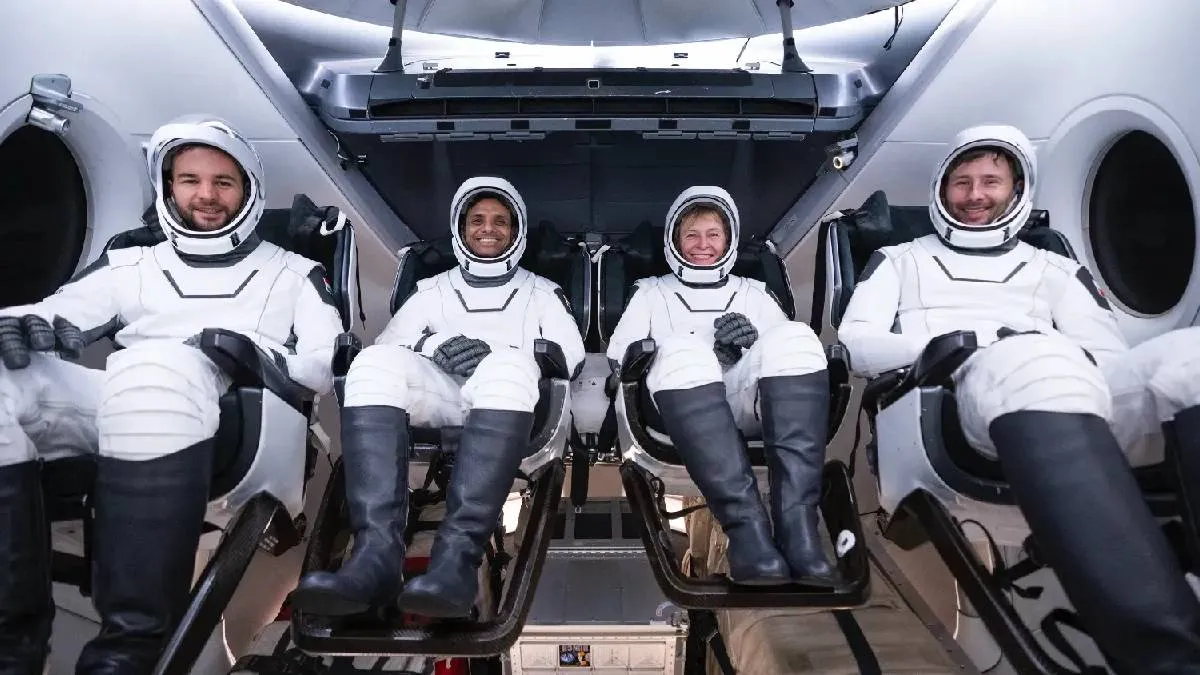Indian astronaut Shubhanshu Shukla's Axiom-4 mission to the International Space Station (ISS) is poised to bring hope to diabetics who dream of traveling to space. A UAE-based healthcare provider, Burjeel Holdings, is set to conduct an experiment examining how glucose behaves in microgravity. As part of the "Suite Ride" experiment organised by Burjeel Holdings and Axiom Space, some astronauts on the Axiom-4 mission will wear continuous glucose monitors during their 14-day stay aboard the orbital lab. Mohammad Fityan, the chief medical officer at Burjeel Holdings in Abu Dhabi, explained that they aim to observe any fluctuations in blood sugar levels while the astronauts are in space. Additionally, the astronauts will carry insulin pens stored in both refrigerated and ambient temperatures to study how the molecules react to microgravity.
Advancements in treatment
Fityan expressed hope that the findings could benefit patients on Earth, noting that if they discover something significant about metabolism or the effects of microgravity, it could lead to advancements in treatment. Currently, NASA does not permit insulin-dependent diabetics to travel to space, and while there are no formal exclusions for non-insulin-dependent diabetics, no astronaut with diabetes has yet been part of a space mission.
Groundwork for innovative
Fityan highlighted the potential of the study to reshape the future of space travel for astronauts with insulin-dependent diabetes mellitus (IDDM), a condition that has historically disqualified individuals from such missions.
He mentioned that the research could lay the groundwork for innovative technologies and treatment strategies aimed at developing advanced glucose-monitoring tools suitable for extreme or low-activity environments, ultimately benefiting both astronauts and patients with limited mobility on Earth.
Identify new pharmacologic targets
Furthermore, he pointed out that the study might help identify new pharmacologic targets by observing changes in metabolic and hormonal responses in microgravity, potentially leading to drugs that enhance insulin sensitivity or mimic the benefits of exercise for sedentary individuals. The AI-powered predictive models that rely on real-time physiological data collected in space could also be adapted to personalize diabetes care on Earth by accurately forecasting insulin needs or metabolic shifts.
The research is expected to contribute to the creation of remote monitoring platforms for continuous metabolic data capture, which could transform diabetes care in underserved or remote areas, as well as in telehealth settings.
ALSO READ:

